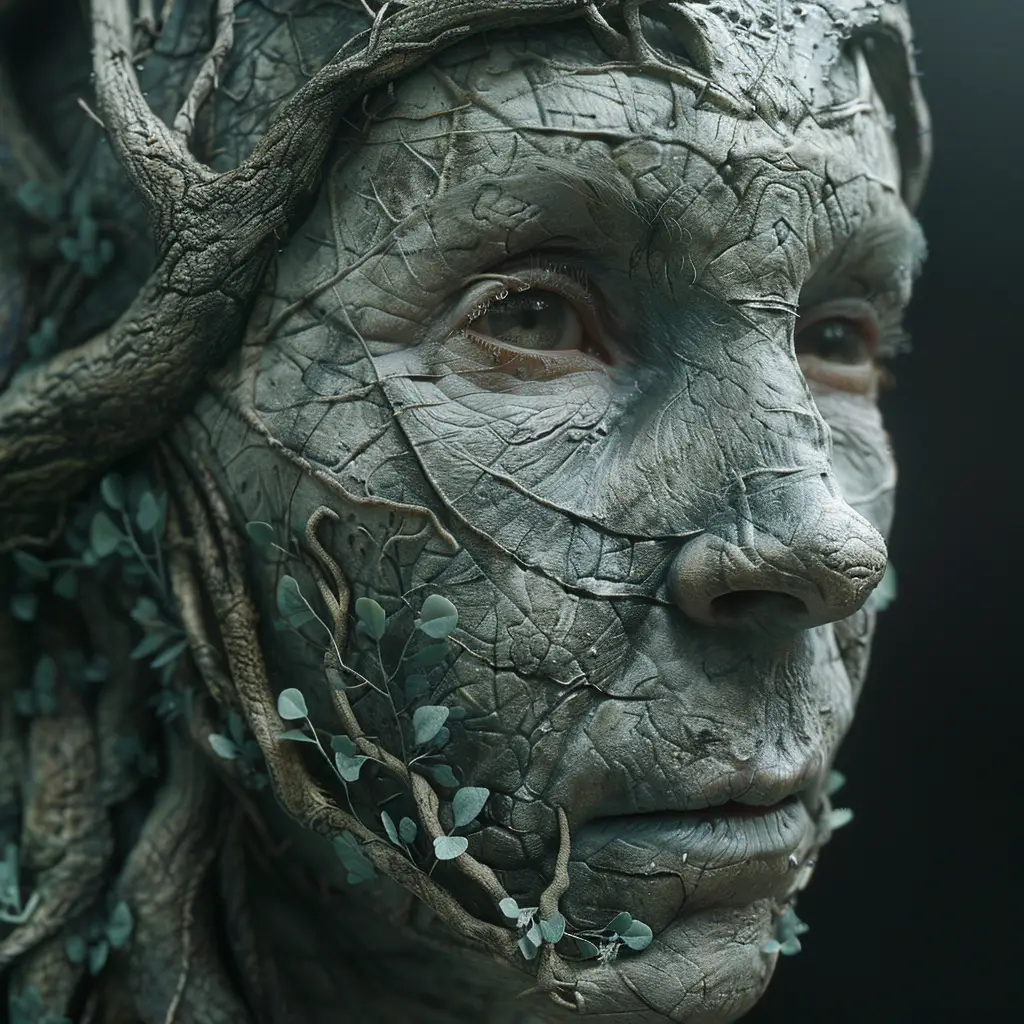Laufey (also known as Nál in some sources) is a somewhat mysterious figure in Norse mythology, primarily known as the mother of the trickster god Loki. Though she plays a relatively minor role in the myths, her significance comes from her connection to Loki and the meaning associated with her name.
Mother of Loki:
Laufey is most famous for being Loki’s mother, with her husband being Fárbauti, a jötunn (giant). Loki, therefore, is the product of both a giant (Fárbauti) and Laufey, whose exact status is debated—she is sometimes considered a goddess or a being of supernatural origin, although she does not belong to the Æsir (the gods of Asgard).
Loki’s complex nature as both a friend and enemy of the gods may reflect this mixed parentage.
Name Meaning:
Laufey’s name is often interpreted as “leafy island” or “leafy one,” associating her with foliage or trees. This ties her symbolically to nature, possibly representing a nurturing or life-giving force.
In some poetic and scholarly interpretations, the idea of “leaves” or “needles” (as in pine needles) is important in the metaphorical birth of Loki. His father Fárbauti’s name means “cruel striker,” which has led some scholars to theorize that Loki’s conception could symbolize a lightning strike (Fárbauti) hitting a tree or forest (Laufey), producing fire, which fits Loki’s chaotic, destructive nature.
Alternate Name – Nál:
In some sources, Laufey is referred to as Nál, meaning “needle,” which might also connect her to something thin or frail, adding to the symbolism of Loki’s birth from delicate or fragile origins. This name is rarely used but adds another layer to the mythological interpretation of her as connected to nature and subtle, possibly even fragile forces.
Role in Mythology:
Laufey herself does not have a large role in the surviving Norse myths. She is primarily mentioned in relation to Loki’s genealogy, and there are no major stories or exploits directly involving her. However, the mere fact that she is the mother of Loki, one of the most prominent and complex figures in Norse mythology, gives her a key place in the mythological hierarchy.
In some ways, Laufey’s quiet, passive role contrasts with the highly active, chaotic energy of Loki, emphasizing the duality in his origins.
Laufey and Loki’s Relationship:
Interestingly, Loki is sometimes referred to as Laufeyjarson, meaning “son of Laufey,” rather than the more traditional patronymic naming convention that would have him called “Fárbautason” (son of Fárbauti). This unusual matronymic title may indicate that Laufey had a stronger influence in Loki’s life than his father or reflects a deeper cultural significance in her identity.
Laufey’s Symbolism
Laufey is often interpreted symbolically, particularly when paired with Fárbauti. While Fárbauti represents violent, destructive forces (lightning, fire), Laufey is more nurturing and natural, tied to growth (trees, leaves). The combination of these elements—fire and nature—may explain Loki’s chaotic and dual nature as both a creator and destroyer in the myths.
Though Laufey’s role in Norse mythology is limited, her presence as Loki’s mother and the meaning of her name add layers of symbolism to the complex origins of one of the most intriguing characters in Norse lore.



